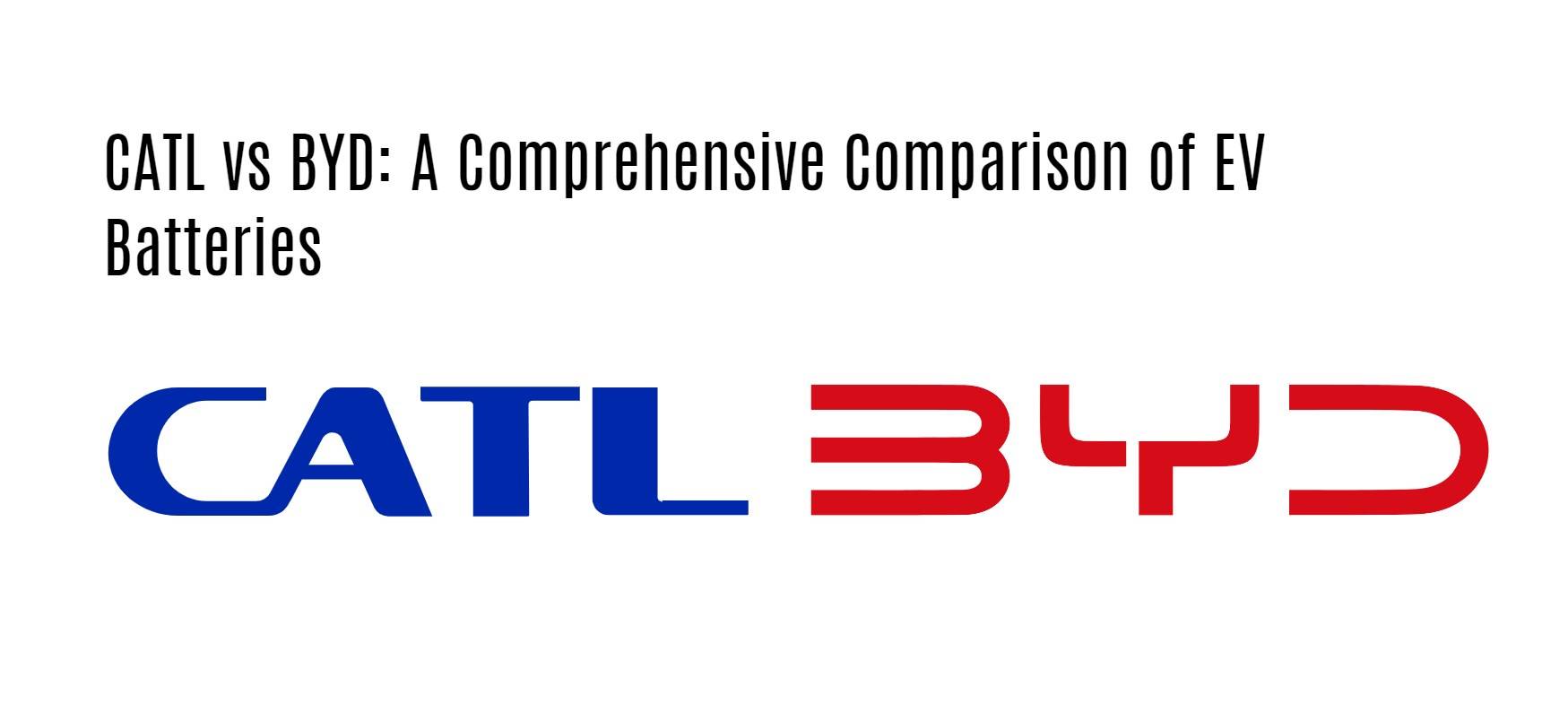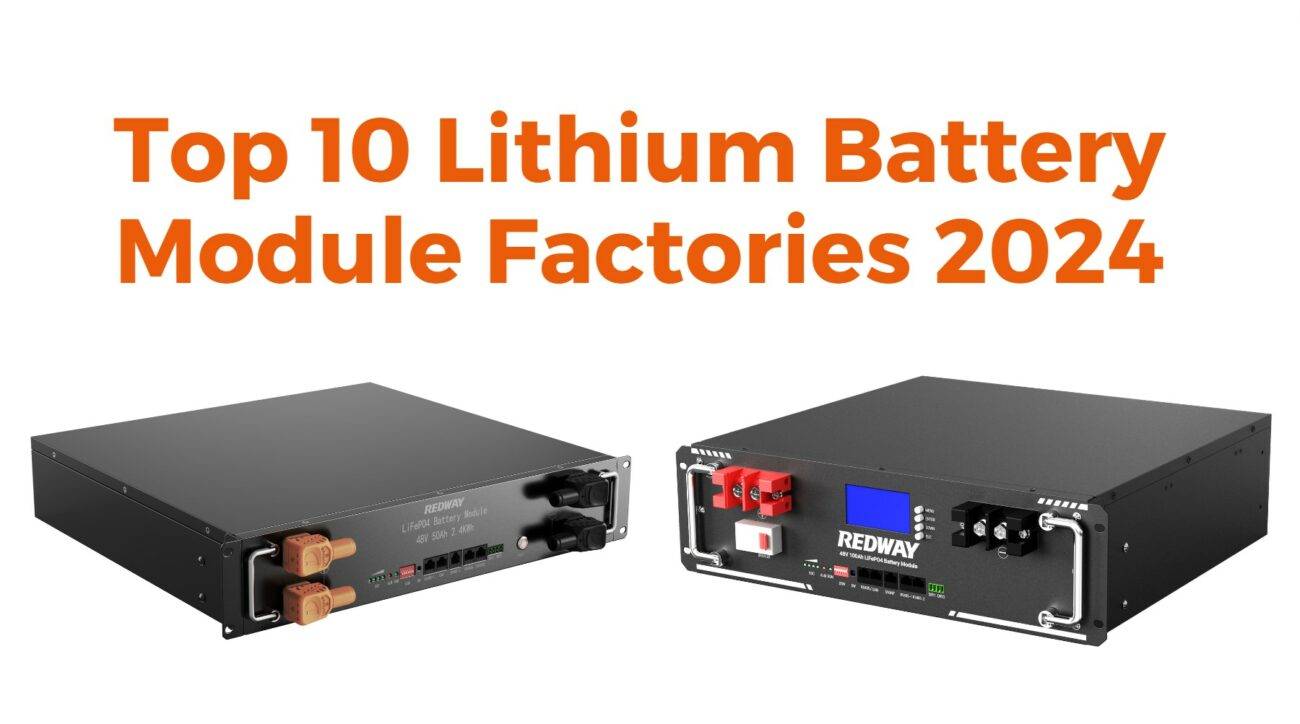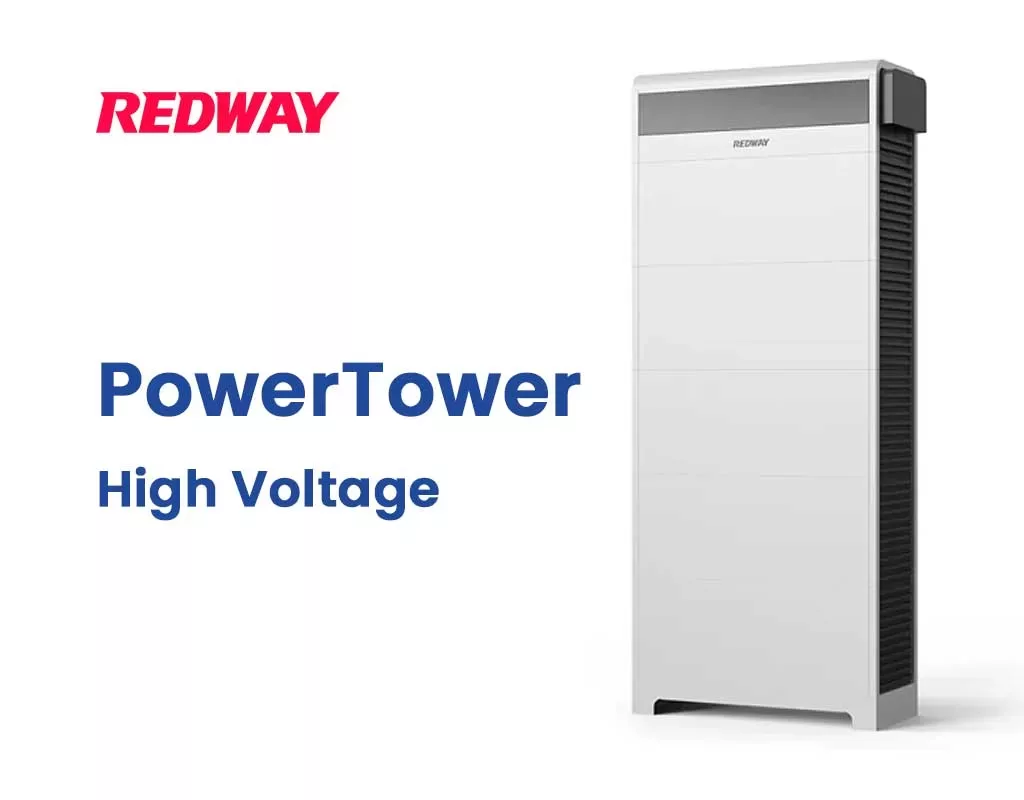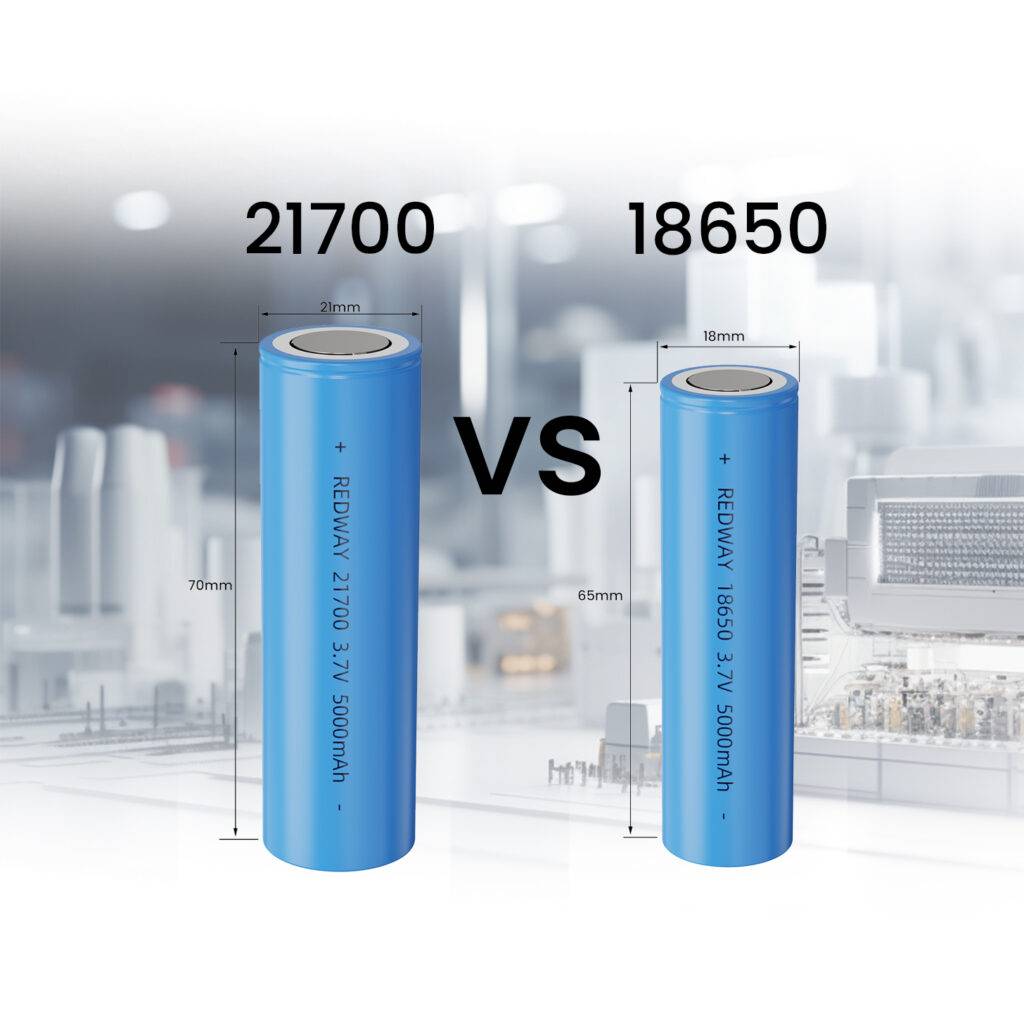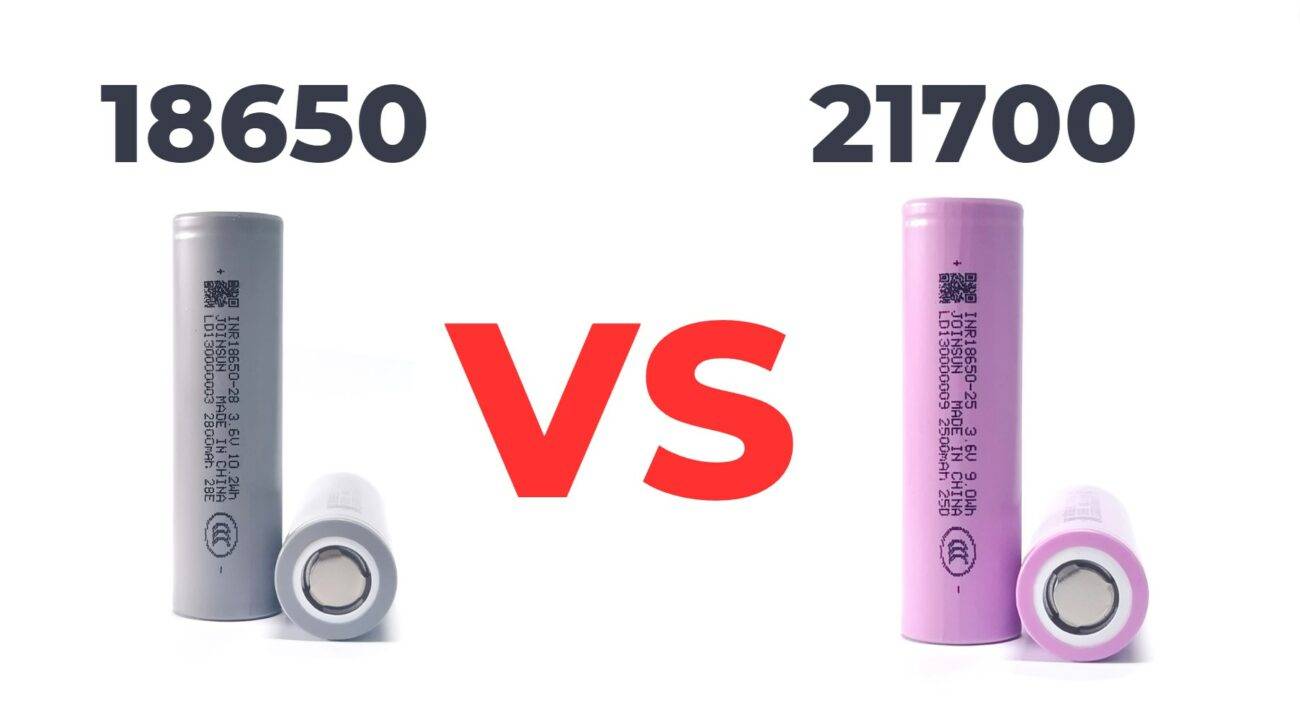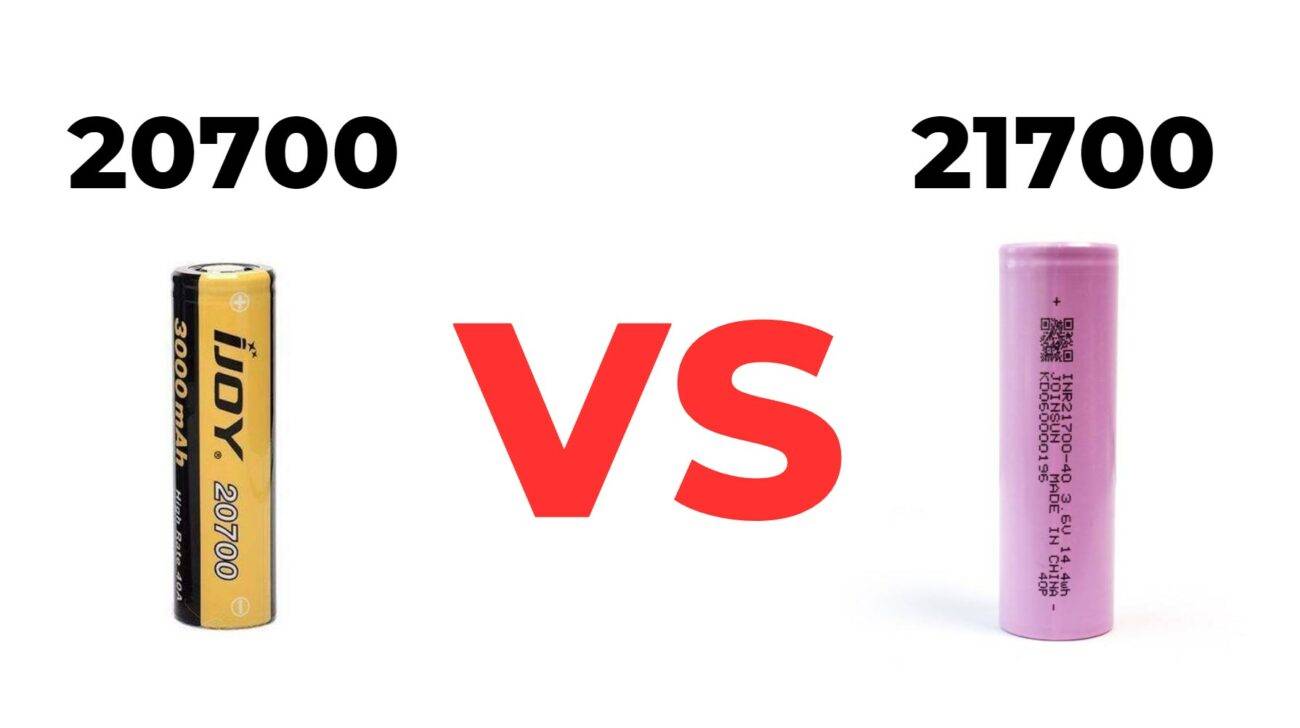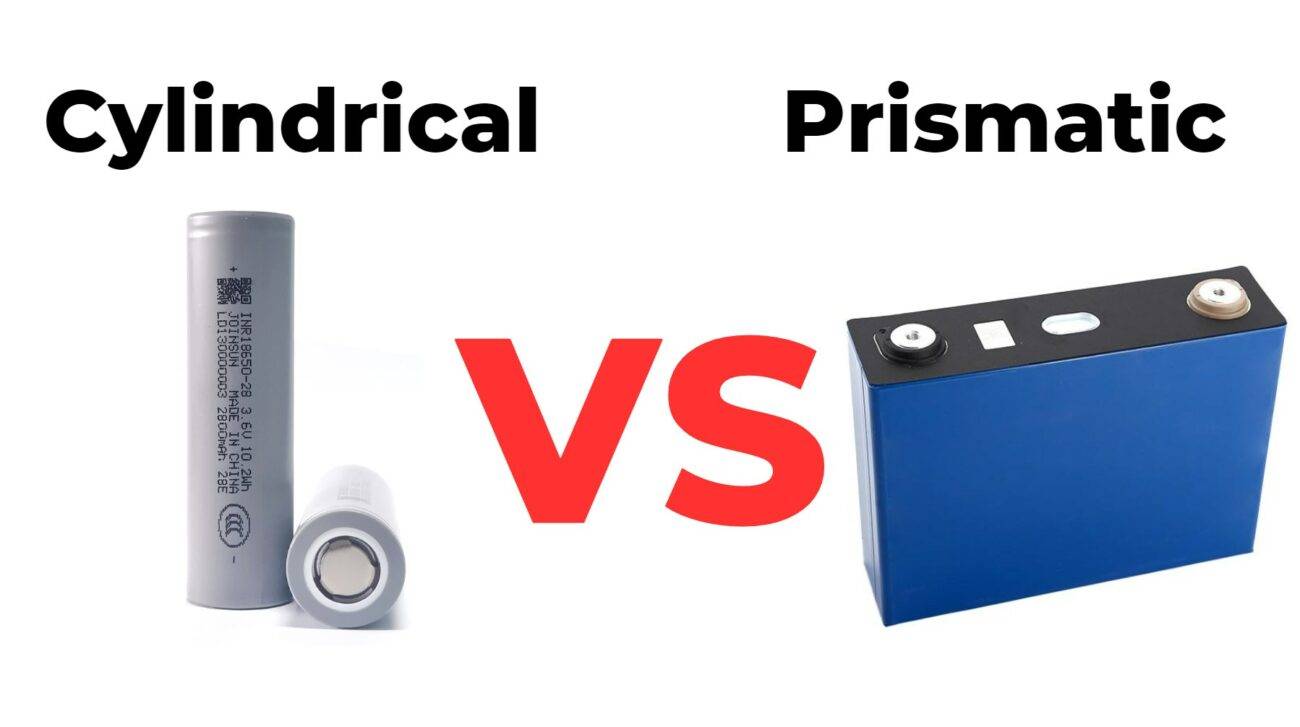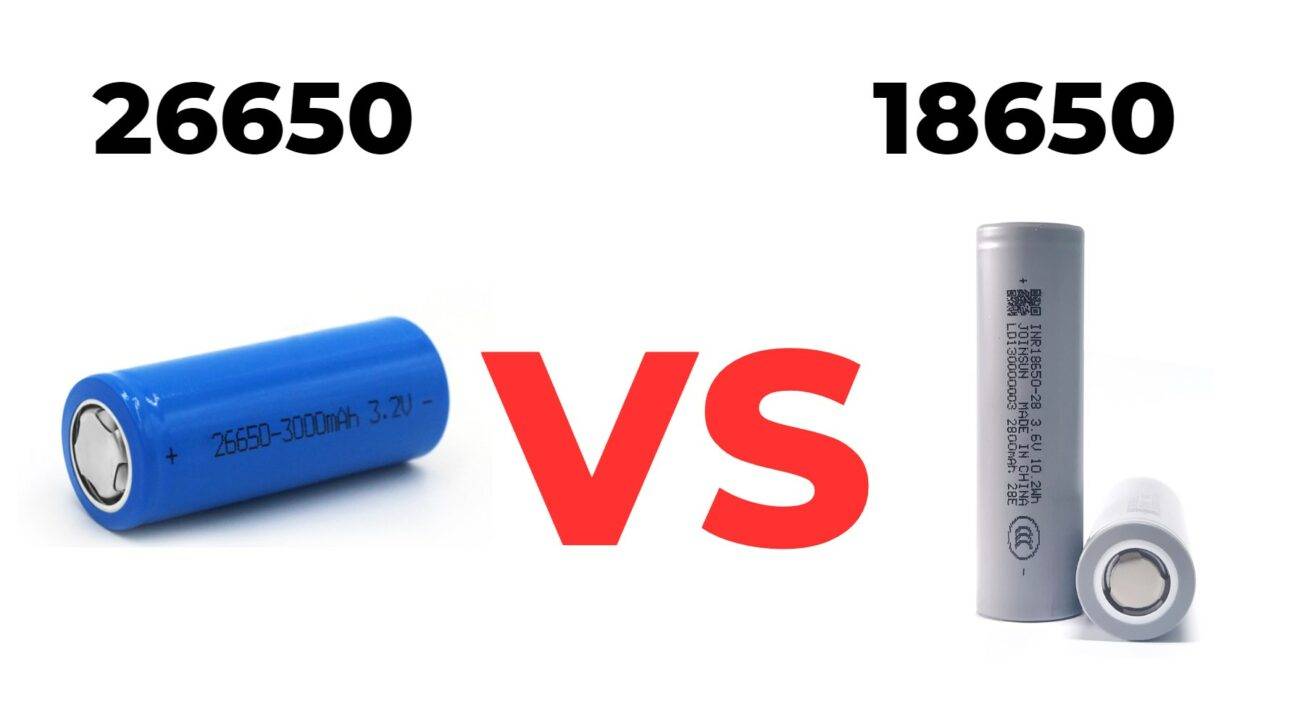LiFePO4 batteries are becoming increasingly popular due to their safety, longevity, and eco-friendliness. This article explores the leading manufacturers behind these batteries, their characteristics, and what to consider when choosing a supplier.
CATL Battery and BYD Battery
CATL and BYD are both top battery makers, but they do not supply batteries to each other. CATL specializes in advanced lithium-ion batteries and leads the global market for electric vehicles (EVs). BYD produces its own batteries and is also a major player in the EV industry, focusing on its unique battery technologies.
What Are the Key Features of CATL Batteries?
CATL (Contemporary Amperex Technology Co., Limited) is known for its advanced battery technologies, particularly in lithium-ion batteries. They offer a range of products, including lithium iron phosphate (LFP) and nickel-cobalt-manganese (NCM) batteries. CATL’s new lithium-ion battery technology promises exceptional longevity, with capabilities of lasting up to 1.5 million kilometers with minimal degradation. This is made possible through innovative chemistry and robust thermal management systems.
| Feature | CATL Battery |
|---|---|
| Voltage | 3.7V |
| Battery Types | LFP, NCM |
| Lifespan | Up to 1.5 million km |
| Cycle Life | Over 3,000 cycles |
| Key Technologies | M3P chemistry, thermal management |
What Are the Key Features of BYD Batteries?
BYD (Build Your Dreams) has emerged as a strong competitor in the battery market, particularly with its focus on LFP batteries, which are more cost-effective than traditional NCM batteries. BYD’s batteries are known for their safety and efficiency, making them popular in various applications, including electric buses and passenger vehicles. Their blade battery technology further enhances safety and energy density.
| Feature | BYD Battery |
|---|---|
| Voltage | 3.2V |
| Battery Types | LFP |
| Lifespan | Up to 1 million km |
| Cycle Life | Over 3,500 cycles |
| Key Technologies | Blade battery technology |
How Do CATL and BYD Batteries Compare in Performance?
When comparing performance, CATL batteries often excel in terms of longevity and energy density, making them suitable for high-performance EVs that require longer ranges. In contrast, BYD’s LFP batteries offer a more affordable solution with adequate performance for most consumer needs. The choice between the two often depends on specific vehicle requirements and cost considerations.
Which Battery Manufacturer Holds a Larger Market Share?
As of recent reports, CATL remains the dominant player in the global EV battery market, holding over 36% of the market share. BYD has been gaining ground rapidly, currently capturing around 15% of the market. This growth is attributed to BYD’s vertical integration model, allowing it to produce both vehicles and batteries efficiently.
| Manufacturer | Market Share (%) |
|---|---|
| CATL | 36% |
| BYD | 15% |
Can CATL and BYD Compete Internationally?
Both companies are expanding their reach beyond China into international markets. CATL has established partnerships with major automakers such as Tesla and BMW, while BYD is also increasing its presence through joint ventures with companies like FAW Toyota Motor. Their ability to adapt to global standards will be crucial for future growth.
What are the key characteristics of LiFePO4 batteries?
LiFePO4 (Lithium Iron Phosphate) batteries are known for several key characteristics:
- Safety: They have a stable chemical structure that reduces the risk of thermal runaway.
- Longevity: These batteries typically offer a longer lifespan, with cycle lives ranging from 2000 to over 3500 cycles.
- Environmental Impact: Made from non-toxic materials, they are more eco-friendly compared to other lithium-ion chemistries.
Chart: Key Characteristics of LiFePO4 Batteries
| Characteristic | Description |
|---|---|
| Safety | Lower risk of overheating |
| Longevity | Longer lifespan (up to 3500 cycles) |
| Eco-Friendly | Non-toxic materials |
Who are the top manufacturers of LiFePO4 batteries?
The leading manufacturers in the LiFePO4 battery market include:
- CATL: The largest producer globally, known for its high-quality lithium batteries.
- BYD: A major player in electric vehicles and energy storage solutions.
- EVE Energy: Offers a variety of high-performance LiFePO4 batteries.
- CALB: Specializes in commercial applications and energy storage systems.
- Lishen: Known for its prismatic aluminum-cased cells suitable for various applications.
Chart: Leading Manufacturers of LiFePO4 Batteries
| Manufacturer | Market Share (%) | Key Products |
|---|---|---|
| CATL | 47.6 | EV batteries, energy storage |
| BYD | 32.1 | Electric vehicles |
| EVE Energy | 11.5 | Commercial vehicle batteries |
| CALB | 1.9 | Energy storage systems |
| Lishen | 1.3 | General-purpose batteries |
How do Grade A and B cells differ in performance?
Grade A and B cells differ significantly in performance:
- Grade A Cells: Offer higher energy density, lower internal resistance, and longer cycle life, typically exceeding 3500 cycles with minimal capacity fade.
- Grade B Cells: While still functional, they may have higher internal resistance and shorter cycle life, making them less suitable for high-demand applications.
Chart: Performance Comparison
| Performance Metric | Grade A Cells | Grade B Cells |
|---|---|---|
| Internal Resistance | Low | Higher |
| Cycle Life | Up to 3500 cycles | Fewer cycles than Grade A |
| Energy Density | Higher | Moderate |
Why is it important to choose a reputable manufacturer?
Choosing a reputable manufacturer is crucial for ensuring product quality, safety, and performance. Established manufacturers often adhere to strict quality control measures and have certifications that guarantee their products meet industry standards. This reliability is essential for applications where battery failure can have significant consequences.
What applications benefit from using LiFePO4 batteries?
LiFePO4 batteries are versatile and can be used in various applications:
- Electric Vehicles (EVs): Require high efficiency and long cycle life.
- Solar Energy Storage Systems: Depend on consistent performance for energy management.
- Power Tools: Benefit from lightweight and durable battery solutions.
- Backup Power Systems: Provide reliable power during outages.
Chart: Applications of LiFePO4 Batteries
| Application Type | Description |
|---|---|
| Electric Vehicles | High efficiency and longevity |
| Solar Energy Storage | Reliable energy management |
| Power Tools | Lightweight and durable |
| Backup Power Systems | Consistent power during outages |
How is the market for LiFePO4 batteries evolving?
The market for LiFePO4 batteries is rapidly evolving as demand increases for renewable energy solutions and electric vehicles. Manufacturers are investing heavily in research and development to improve battery technology, enhance production capabilities, and reduce costs. This evolution is expected to drive further adoption across various industries.
What should you consider when selecting a LiFePO4 battery supplier?
When selecting a supplier for LiFePO4 batteries, consider:
- Quality Certifications: Ensure they meet industry standards such as ISO or UL certifications.
- Product Range: Look for suppliers that offer various models suitable for your specific needs.
- Customer Support: Evaluate their responsiveness and willingness to assist with inquiries or issues.
Buy Wholesale Battery Tips
For buyers looking to purchase wholesale batteries or place OEM orders, partnering with a reputable manufacturer like Redway Battery is advisable. With over 13 years of experience in lithium battery production, Redway offers high-quality products tailored to customer specifications. To make OEM orders:
- Identify your specific requirements (capacity, size).
- Contact Redway’s sales team with your specifications.
- Review samples before placing bulk orders.
This process ensures you receive reliable products that meet your needs.
Industrial News
The demand for LiFePO4 batteries continues to grow as industries shift towards renewable energy solutions and electric vehicles. Recent reports indicate that leading manufacturers are expanding their production capabilities while developing advanced technologies that enhance battery performance and longevity. Companies are increasingly focusing on sustainability practices in their operations.
1. CATL Unveils New High-Energy Density Battery for EVs
In 2025, CATL introduced its new high-energy density lithium-ion battery, which promises to significantly improve the range of electric vehicles. This breakthrough technology is seen as a potential game-changer in the EV market, offering higher energy capacity without compromising on battery weight or charging time, putting CATL ahead in the race for longer-lasting EV batteries.
2. BYD Launches Revolutionary Blade Battery for Electric Vehicles
BYD has expanded its Blade Battery technology in 2025, a safer and more efficient battery designed to be both cheaper to produce and longer-lasting. This new iteration enhances its performance, making it a strong competitor against CATL in terms of energy density and overall battery life for electric vehicles.
3. CATL and BYD Compete for Global EV Battery Dominance
The competition between CATL and BYD intensified in 2025 as both companies unveiled plans to ramp up battery production for the global EV market. CATL focuses on energy density and faster charging times, while BYD emphasizes safety and cost-effectiveness, each positioning themselves as a leader in the rapidly growing electric vehicle sector.
Redway Expert Views
“Understanding the differences between battery grades is crucial for making informed purchasing decisions,” states an expert from Redway Battery. “Investing in high-quality Grade A cells can significantly enhance system reliability and efficiency.”
Conclusion
In conclusion, both CATL and BYD offer distinct advantages in the EV battery landscape. CATL leads in high-performance applications with advanced technologies, while BYD provides cost-effective solutions that cater to a broader audience. The choice between these manufacturers ultimately depends on specific needs regarding performance, safety, and budget considerations.
FAQ
- What types of batteries does CATL produce?
CATL produces various types of batteries including lithium iron phosphate (LFP) and nickel-cobalt-manganese (NCM) batteries. - How does BYD ensure battery safety?
BYD utilizes blade battery technology which enhances safety by reducing the risk of thermal runaway. - Which company has a larger market share?
CATL currently holds a larger market share at approximately 36%, compared to BYD’s 15%. - What is the lifespan of CATL batteries?
CATL batteries can last up to 1.5 million kilometers with minimal degradation. - Why are LFP batteries preferred by some manufacturers?
LFP batteries are preferred due to their lower cost, improved safety features, and longer cycle life compared to traditional lithium-ion batteries.
- What is the difference between Grade A and B LiFePO4 cells?
Grade A cells offer superior performance and longevity compared to Grade B cells, which have more variability in quality. - What applications require Grade A batteries?
Grade A batteries are best suited for electric vehicles, solar energy storage systems, and medical devices. - Can I use Grade B batteries in critical applications?
While they can be used in less critical applications like consumer electronics or backup systems, they may not perform reliably under high demand. - How can I ensure I’m purchasing quality LiFePO4 cells?
Research manufacturers’ reputations, look for certifications, and check customer reviews before making a purchase. - What factors affect the lifespan of LiFePO4 batteries?
Factors include charging practices, depth of discharge, operating temperature, and overall usage patterns.



